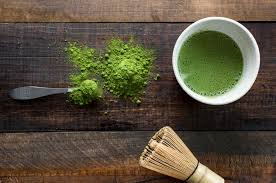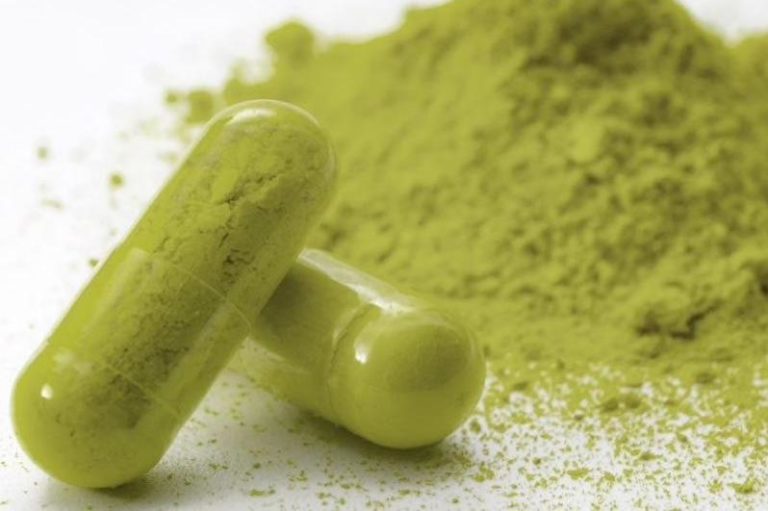Kratom: A Public Health Threat or a Promising Herb in Need of More Research?

The process to determine the future of kratom (Mitragyna speciosa), an herb native to Southeast Asia that’s generated regulatory controversy over the past few months, entered a new phase last week. On December 1, the comment period closed for the public to respond to the Drug Enforcement Agency’s (DEA) proposal to classify two constituents of the kratom plant into schedule 1 of the Controlled Substances Act (CSA). And while some leaders of the natural products industry supported the DEA’s proposed action against the plant, others urged the agency to reconsider.
Kratom’s Rocky Past
Kratom has made numerous headlines over the past few months, beginning with the DEA’s announcement on August 31 that it intended to classify two psychoactive constituents of kratom (mitragynine and 7-hydroxymitragynine) into schedule 1. But it’s not the first regulatory speed bump for the plant. In 2014, FDA banned import of the herb into the United States, and the agency has written that there “does not appear to be a history of use or other evidence of safety establishing that kratom will reasonably be expected to be safe as a dietary ingredient.” In particular, FDA expressed concerns that kratom consumption can lead to negative health outcomes, including respiratory depression, hallucinations, nausea, and more.
The DEA pointed to many of the same health risks in its August announcement, calling the plant an “imminent hazard to public safety.” Much of kratom’s popularity stems from its opioid-like effects that some experts say help prescription opioid users wean themselves off their addictions. But as a result of those effects, the DEA says, kratom “has a high potential for abuse.” The agency proposed it would place its two main psychoactive constituents into schedule 1 under the CSA’s temporary scheduling provisions, which would effectively place the whole kratom plant on the same list of banned substances as heroin and LSD.
Industry Response
“AHPA believes restrictions on research are contrary to the interests of science and ultimately detrimental to the public interest,” McGuffin said. “AHPA members want to ensure that any process that proposes to classify a naturally occurring constituent of a plant as an illicit substance includes a thorough evaluation of available scientific data and full consideration of potential risks and benefits of consuming the substance.”
ABC realizes that there are compelling scientific data to support kratom’s potential therapeutic use; there is also confusion about its safety profile,” said Mark Blumenthal, founder and executive director of ABC, in a press announcement. “Our comments to DEA are intended to help ensure that appropriate scientific and medical research on this interesting plant and its biologically active constituents can continue with minimal regulatory hurdles.”
ABC also noted that it supports existing FDA enforcement actions against kratom products on the market that are not in compliance with FDA regulations.
Nutritional Outlook




